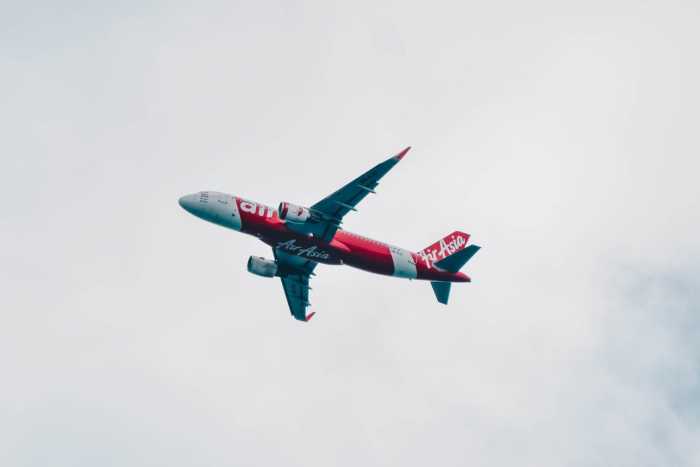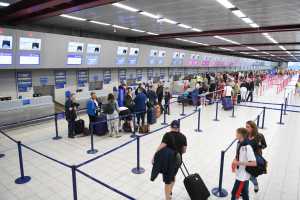
THAI Airways Q1 2017 Results Don’t Look Good
16th May 2017

Thailand’s national carrier Thai Airways International (THAI) revealed its operating results for the first quarter of 2017 and they do not look good. THAI reported a staggering 47% decline in net profit for the first three months of the year, which should be a peak period for the carrier. The airline earned a net profit of 3,157 billion baht and almost half of this (1.5 billion) was gain helped by a stronger baht.
To make matters worse, operating profit suffered a 60% drop and was reported at 2,867 billion baht, while total revenue was 49.8 billion baht, which was 0.8% down from last year.
Last year, THAI made it to the black thanks to lower fuel expenses, but this year, with the cost of crude oil rising, the cost for the airline also goes up. In fact, 2 of the 4 billion baht decline in operating profit can be attributed to fuel and oil expenses. And with major oil exporters reportedly cutting back on production in 2017, the trend will almost certainly continue.
On the plus side, THAI carried up to 10% more passengers in this period than it did in the same period last year. However, this, and the fact that it had a better cabin factor (82%) than the industry average, was largely due to lower fares. When pitted against low-cost carriers, THAI’s passenger yield (revenue per passenger per km) was 2.2 baht or 12% down from Q1 2016.
However, despite the less than amazing results, Thai Airways President Usanee Sangsingkeo remains positive that the airline will make profit this year. Of course, the airline will not sit idly and already has a plan to boost profits. As one step towards this, Usanee mentioned selling grounded aircraft and further operational integration with the regional airline Thai Smile.
THAI will embark on a large-scale maintenance program in 2019 for 14 aircrafts it owns. The cost of this program is estimated to up to 10 billion baht. This means that the airline will be booking impairment losses to cover these expenses in the quarters to come. The impairment losses for this quarter reached 1.5 billion baht.





